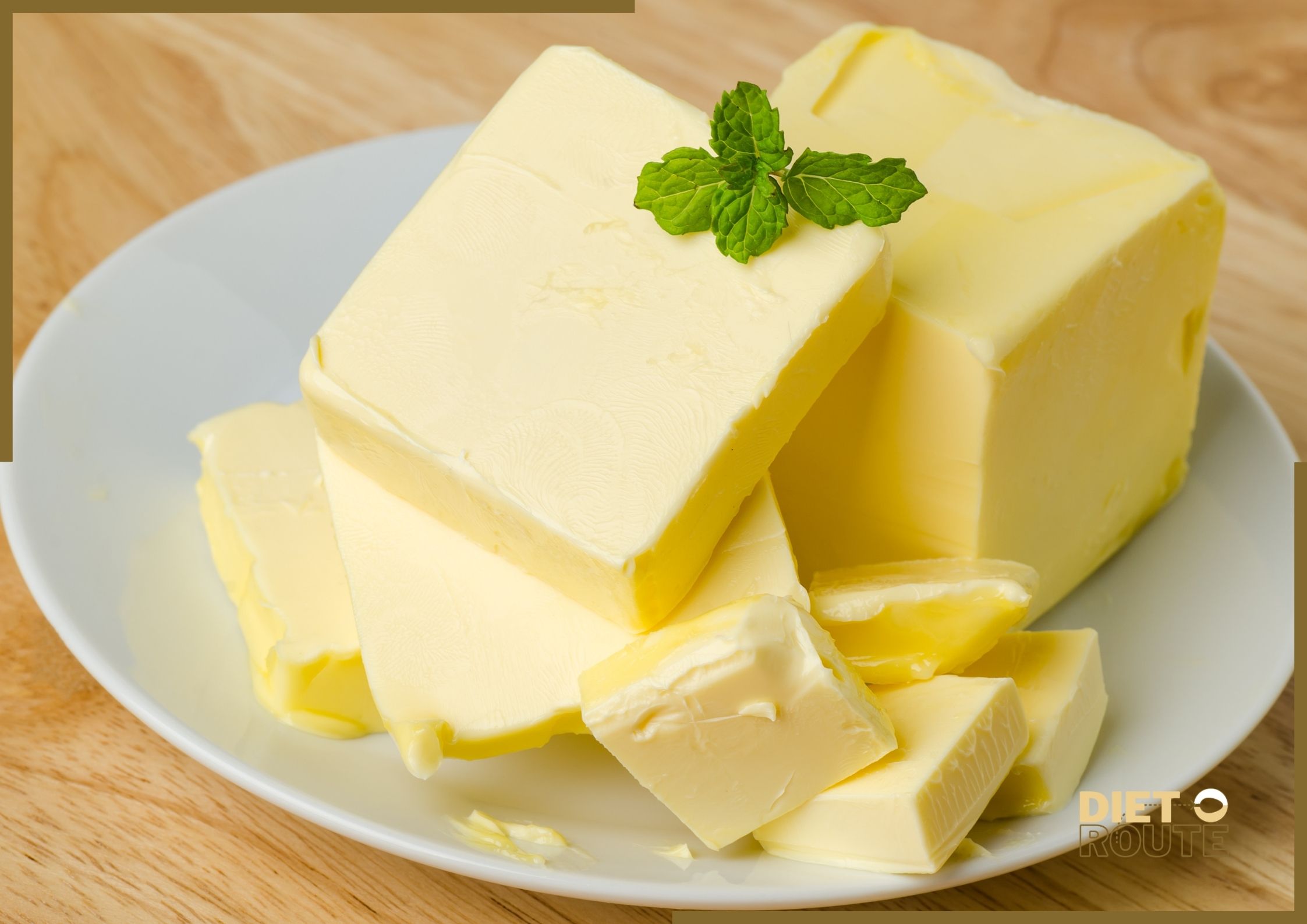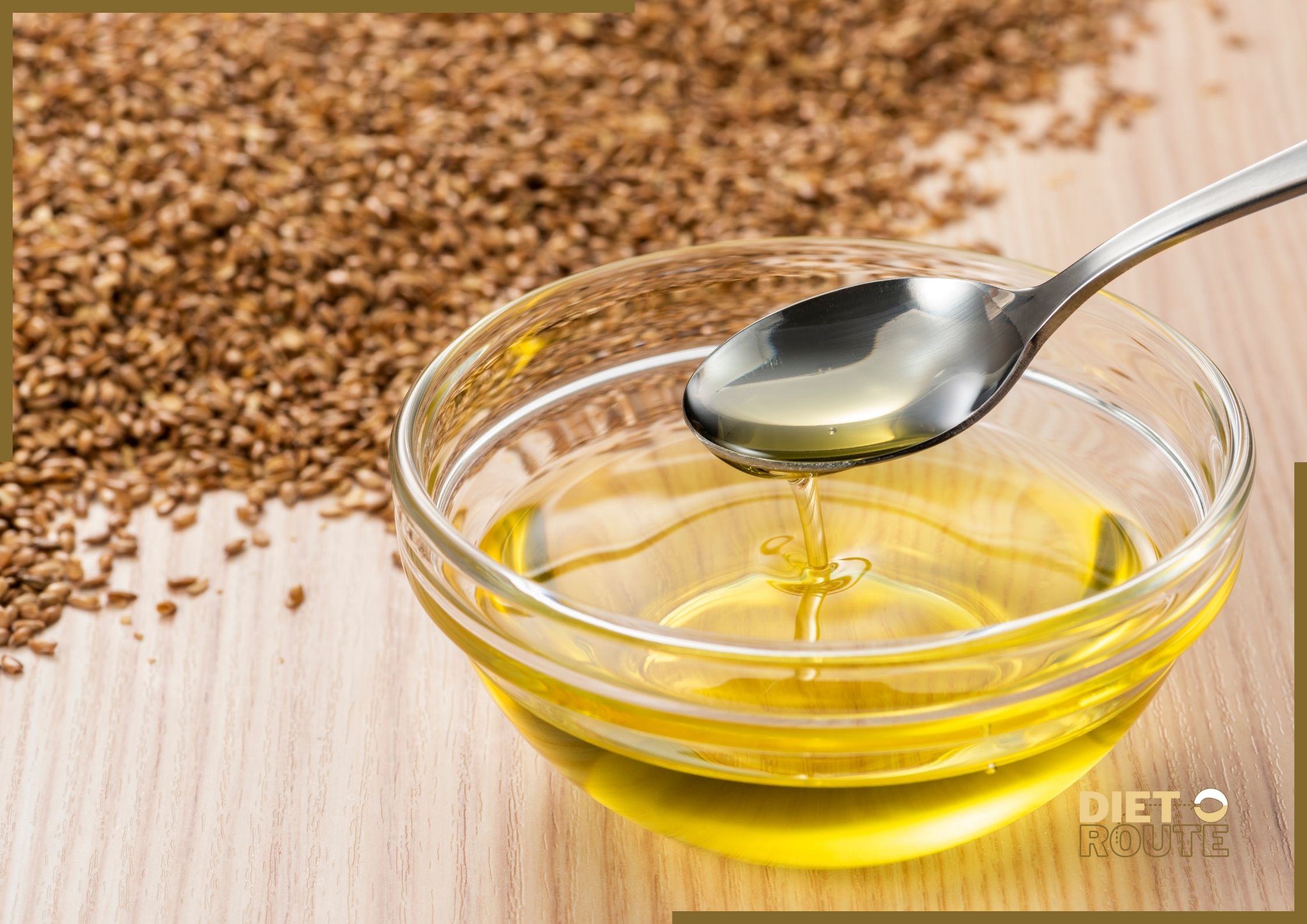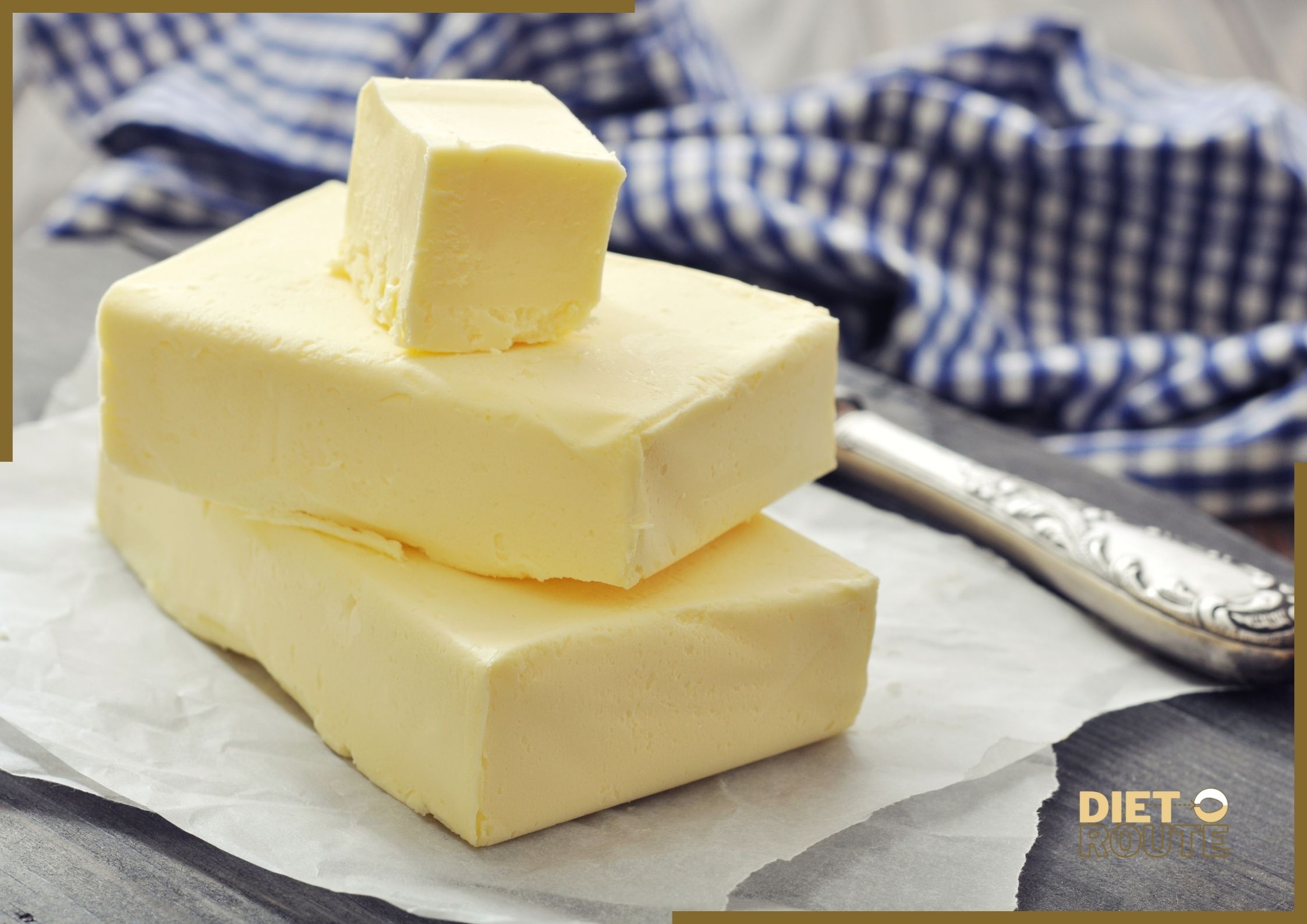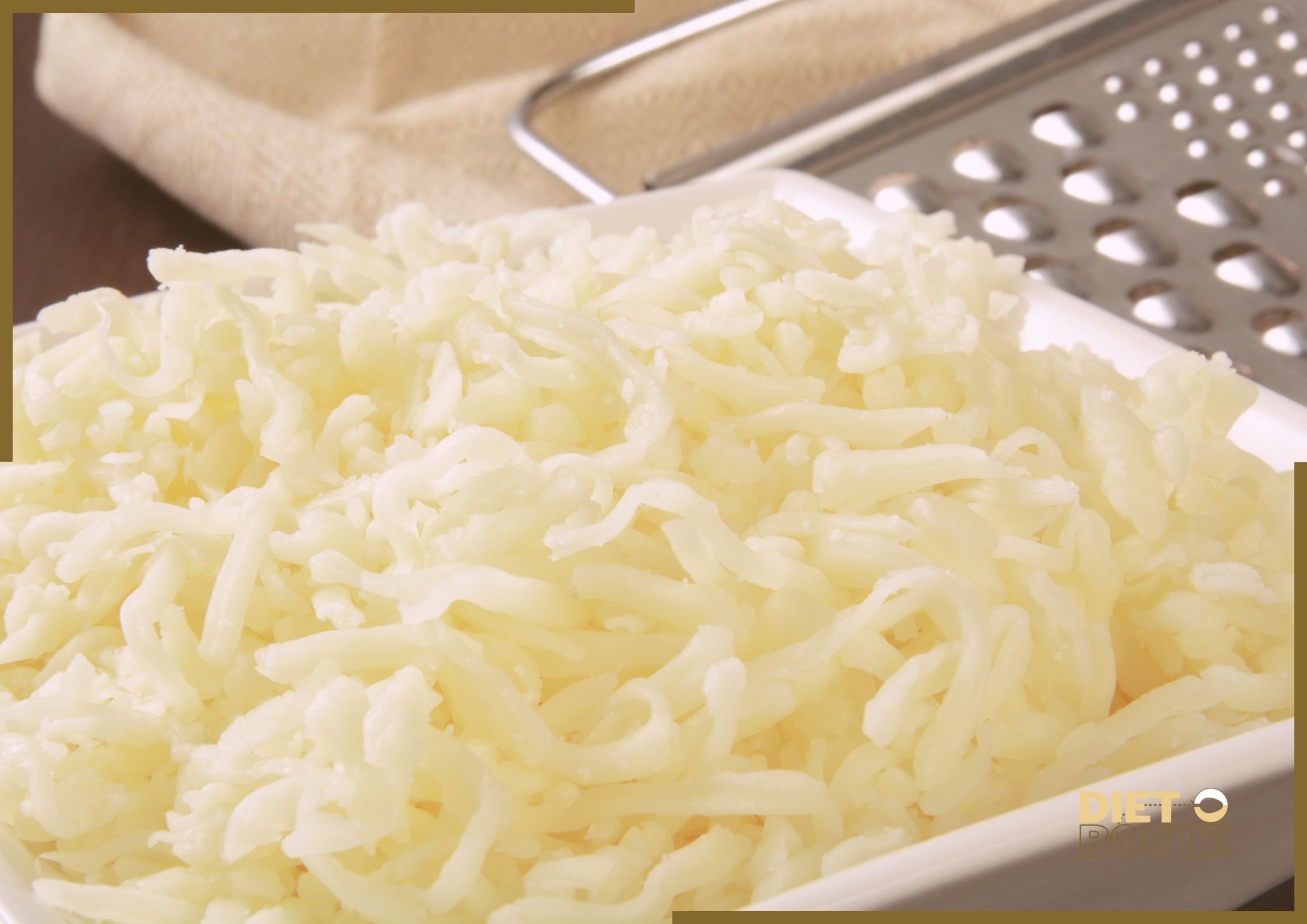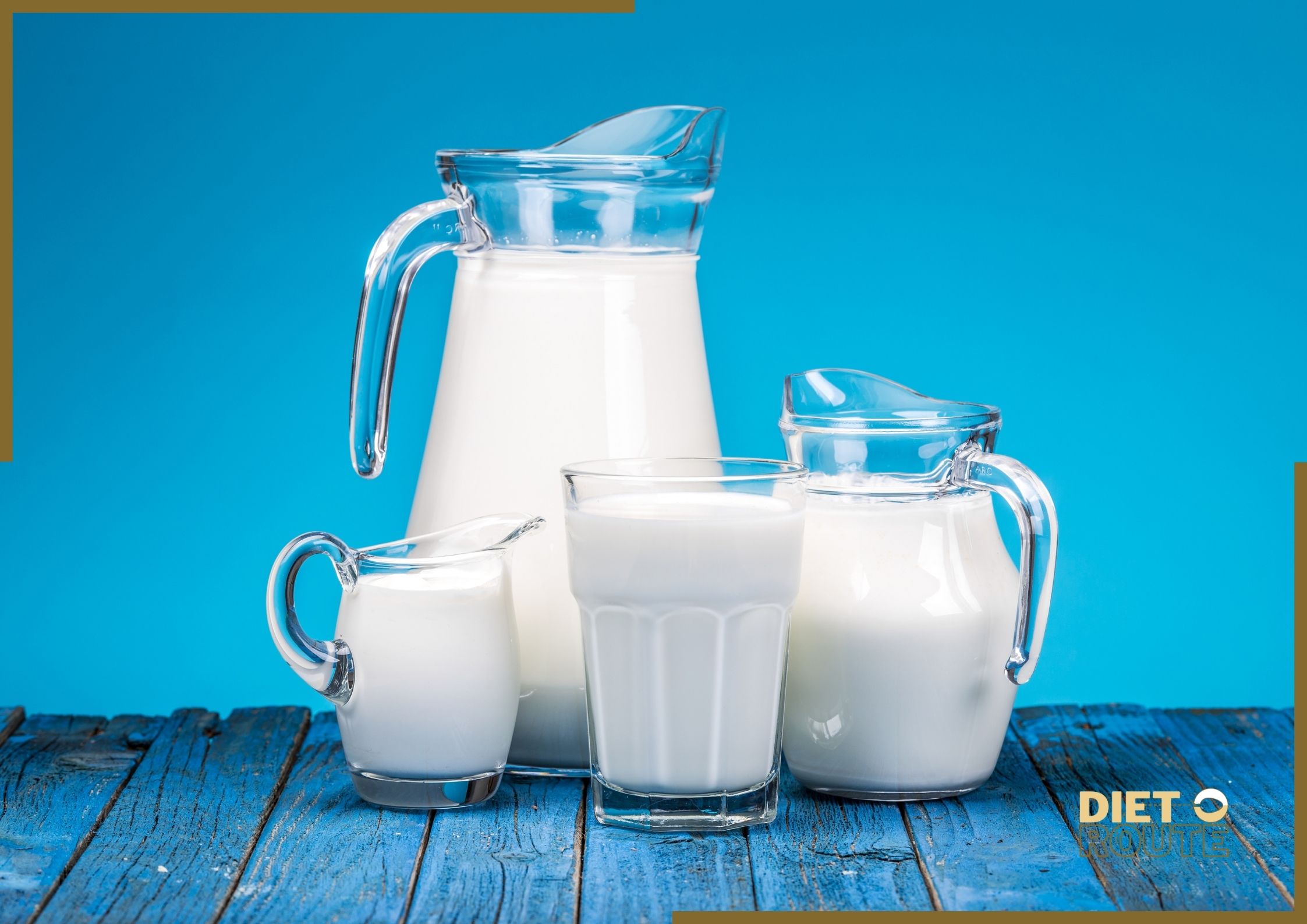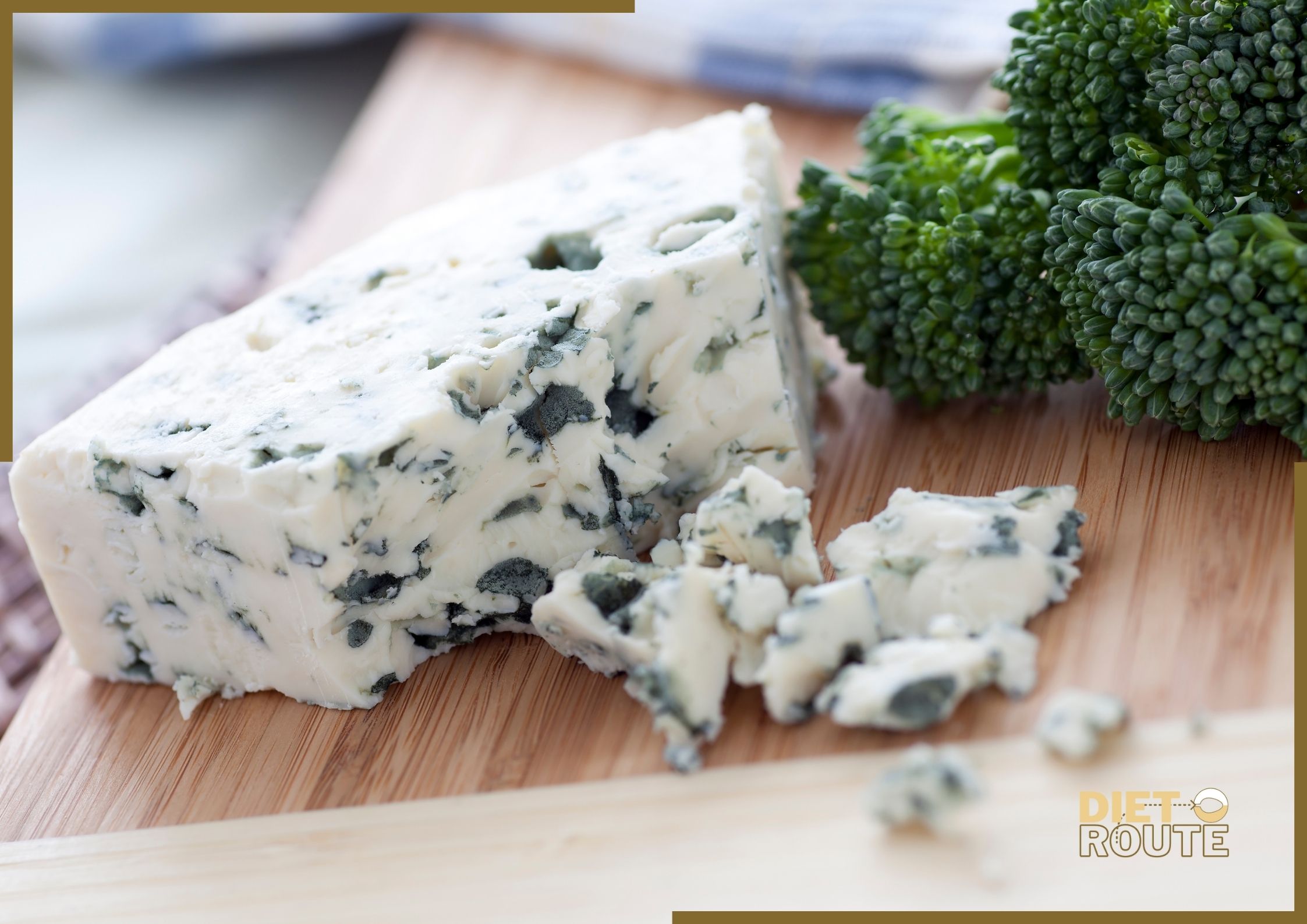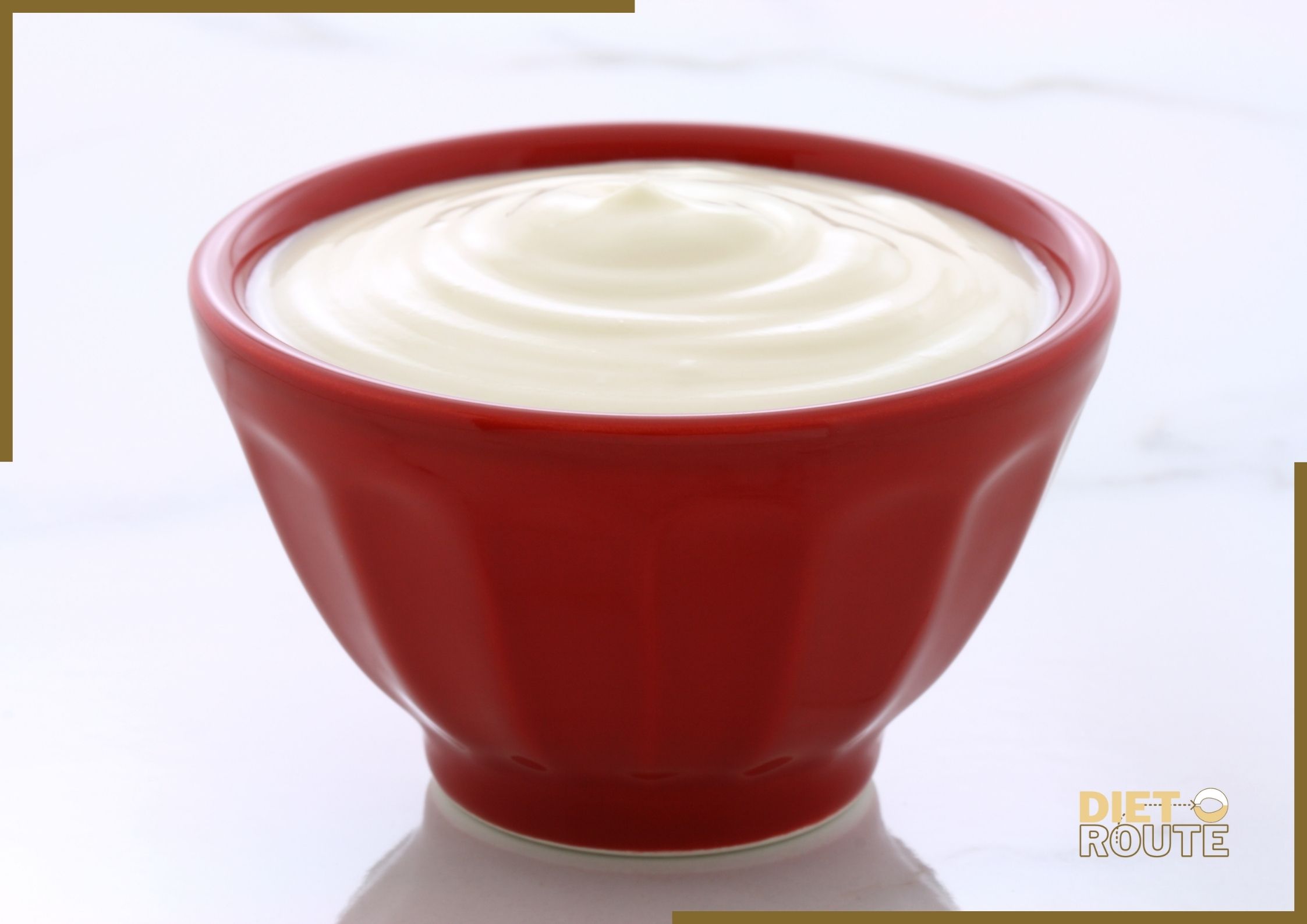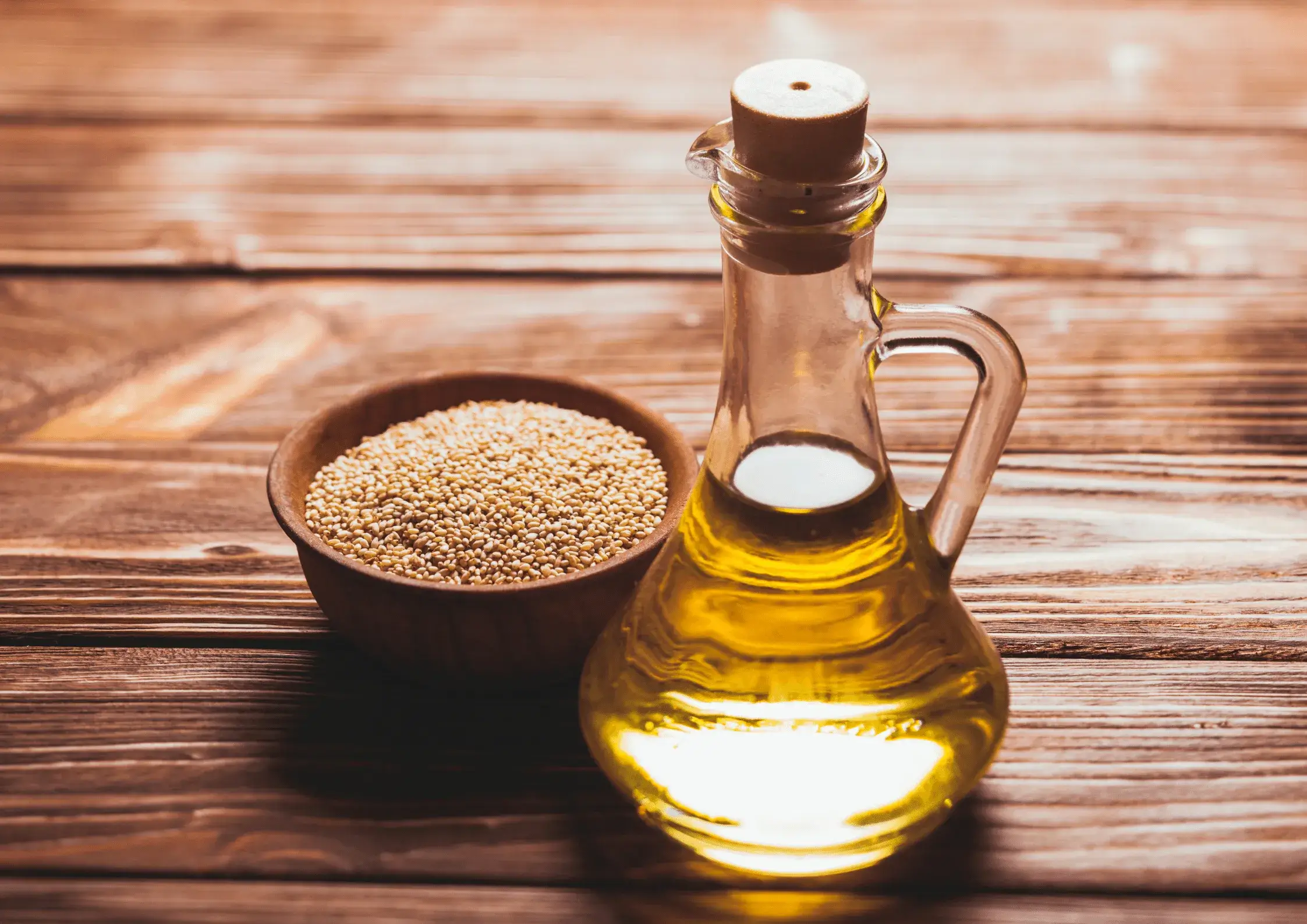Table of Contents
Introduction
Salted butter, known for its rich and creamy flavor, is a popular ingredient used in cooking and baking. In this piece, we’ll look at the nutritional value , talk about its pros and cons, answer some of the most common questions, and end with some valuable information about its role in a balanced diet.
Nutritional Value Approximately 100g
| Nutrient | Amount Per Serving (1 tablespoon) | % Daily Value |
|---|---|---|
| Calories | 102 | 5% |
| Total Fat | 11.5g | 18% |
| – Saturated Fat | 7.3g | 37% |
| – Trans Fat | 0.4g | |
| Cholesterol | 30mg | 10% |
| Sodium | 115mg | 5% |
| Total Carbohydrates | 0.1g | 0% |
| – Dietary Fiber | 0g | 0% |
| – Sugars | 0.1g | |
| Protein | 0.1g | 0% |
| Vitamin A | 355IU | 7% |
| Vitamin D | 8.8IU | 2% |
| Vitamin E | 0.5mg | 3% |
| Calcium | 2mg | 0% |
| Iron | 0mg | 0% |
| Potassium | 2mg | 0% |
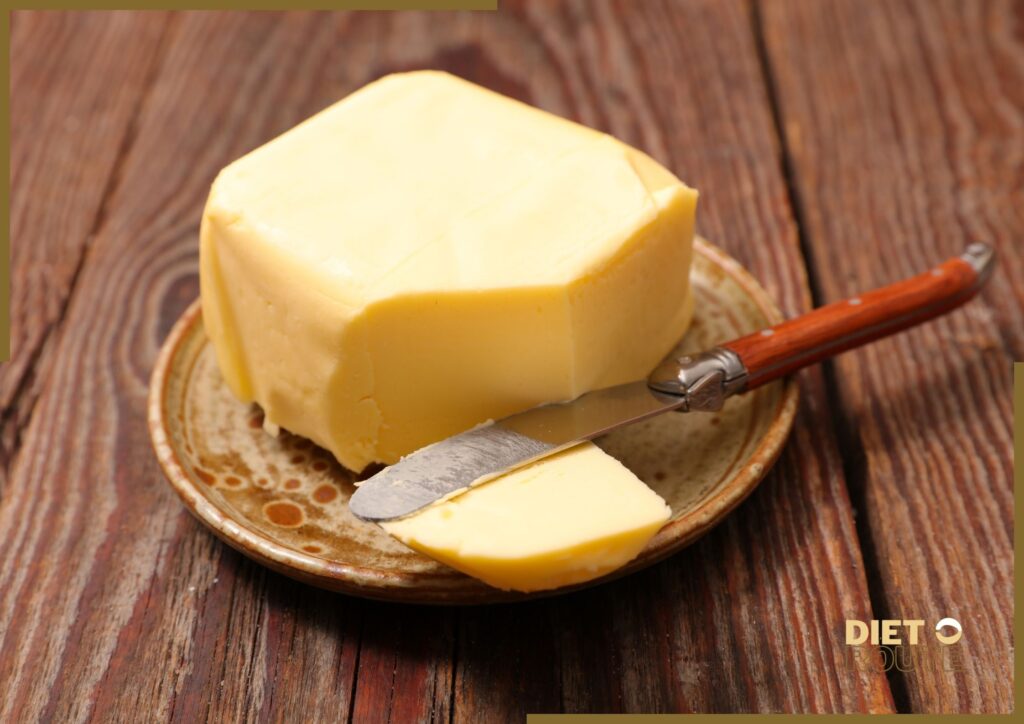
Pros
1. It gives various meals and baked goods a deliciously rich and savory flavor.
2. It is a natural source of vitamin A, which is important for maintaining healthy vision, immune function, and cell growth.
3. It can be used for sautéing, baking, or putting on bread or toast.
Cons
1. It is high in saturated fat, which, when consumed in excess, may raise the risk of heart disease. The key is moderation.
2. It has a high calorie density because of its high fat content. As part of a balanced diet, it should be consumed in moderation.
Frequently Asked Questions (FAQ)
1. Is salted butter better than plain butter for your health?
The extra salt content is what distinguishes salted butter from unsalted butter, which has similar nutritional profiles. The choice depends on what you like and what works with your diet.
2. Are salted butter products safe for lactose intolerant individuals to consume?
It may be suitable for individuals with lactose intolerance because it includes very little lactose. But for personalized help, it’s best to consult a health care professional.
3. Can salted butter be a part of a ketogenic diet?
Due to its high fat content and low carbohydrate content, it can be consumed in moderation as part of a ketogenic diet.
4. Should salted butter be kept in the fridge?
It can be stored at room temperature, but refrigerating it can increase its shelf life and maintain its freshness.
5. Can it be used as a substitute for oil in cooking?
Although it can be used as a substitute for oil in cooking, its moisture content may change the results of some recipes. There may need to be changes.
6. Is there no gluten in salted butter?
It is gluten-free by nature, but gluten can get into it during cooking. If you have a gluten sensitivity or allergy, you should always look for a sign that says “gluten-free.”
7. Can it be frozen?
It can be frozen for long periods of time, but it’s important to tightly wrap it to avoid freezer burn.
8. What flavor does salted butter contribute to baked goods?
It improves the flavor and richness of baked goods by adding a subtle salty note to the sweetness.
9. Is salted butter suitable for making sauces?
It can be used to make sauces, giving them a creamy texture and improving their overall flavor.
10. For individuals who prefer low-sodium butter, are there any other options?
For individuals who prefer lower-sodium alternatives, unsalted or low-sodium butter options are available.
In A Nut Shell
With its rich flavor and smooth texture, salted butter can be a wonderful addition to many dishes. Due to its high saturated fat content, it is important to consume it in moderation, even though it provides the advantages of vitamin A and versatility in cooking. You can make educated choices about incorporating salted butter into your diet by understanding the nutritional value, weighing the pros and cons, and answering commonly asked questions. Maintain a balanced and healthy approach to your general nutrition while indulging in the culinary delights .
